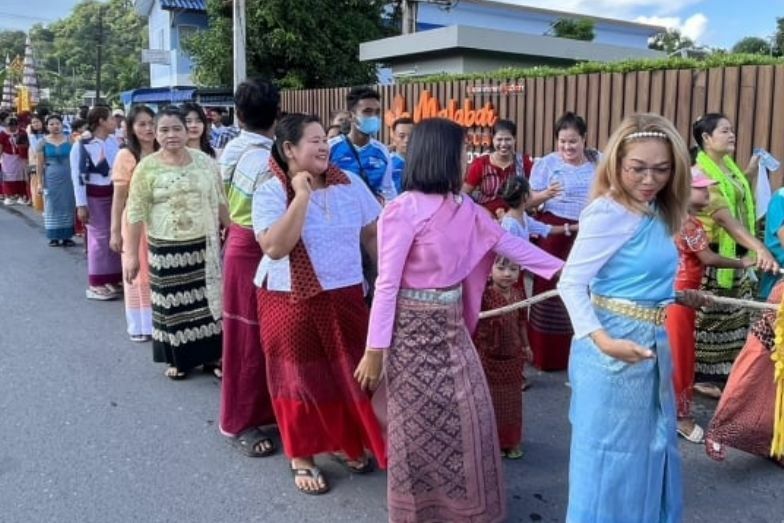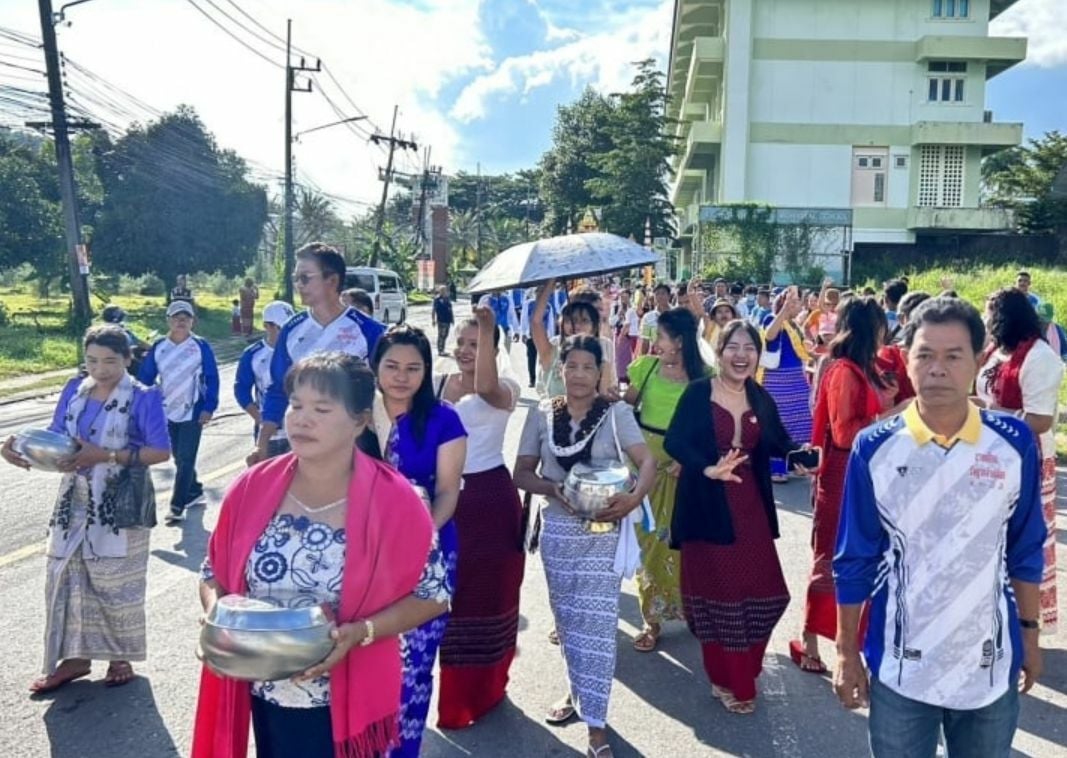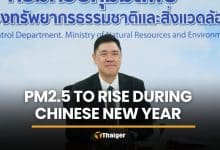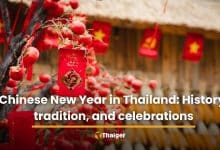Urak Lawoi sea gypsies celebrate traditional Loy Reua festival in Phuket

Sweeping waves gently nudged a hand-carved boat off the coast of Koh Siray, east of Phuket Town, marking the culmination of the week-long Loy Reua festival. Celebrated by the Urak Lawoi sea gipsies, the festival is a time-honoured tradition where a boat, brimming with offerings, is set adrift as an offering to the spirit of the sea in hopes of invoking good luck.
The celebration began under the Hunter’s Moon, the full moon of October 28. A semi-annual event, the Loy Reua or floating boat festival takes place during the full moons of June and November each year.
The streets of Koh Siray thrummed with energy earlier in the week as the Urak Lawoi sea gipsies, led by their village elders, mostly women clad in traditional attire, paraded in celebration. Among the attendees were notable figures such as Ratsada Mayor Nakarin Yosaengrat and Phuket MP Somchart Techathavorncharoen.
At the heart of the festivities were the traditional Rong Ngeng singing and dance performances, a cultural treasure of the sea gipsies, not just in Phuket but also in other offshore islands.
Phuket boasts of three main sea gipsy communities: The Urak Lawoi, the largest group, the Moken, who trace their origins to the vicinity of Myanmar, and the Moklen. Each community has established its presence in different areas of Phuket, with the Urak Lawoi residing in Rawai Beach, Koh Siray, Laem La and Baan Sapam in Koh Kaew while the Moken inhabit Rawai and Tha Chatchai.
The Moklen community, on the other hand, tends to gather at Laem La, at the northern extremity of the island, reported Phuket News.

The Urak Lawoi, whose name means sea people in the Malayu language, hail from the regions south of Phuket. Known as Chao Lay to the Thai people, they are known for their adaptable lifestyle, effortlessly blending with Thai society.
Chanwit Saiwan, an NGO worker who has spent years working with the sea gipsies, revealed that the lifestyle can tell that they are Urak Lawoi.
“They flexibly live with other Thai people, socialise, go to school, and accept other cultures. The others, Moken and Moklen are more conservative. They are more shy and mostly spend their time in their community and don’t really go to school.”
Follow more of The Thaiger’s latest stories on our new Facebook page HERE.
Latest Thailand News
Follow The Thaiger on Google News:


























